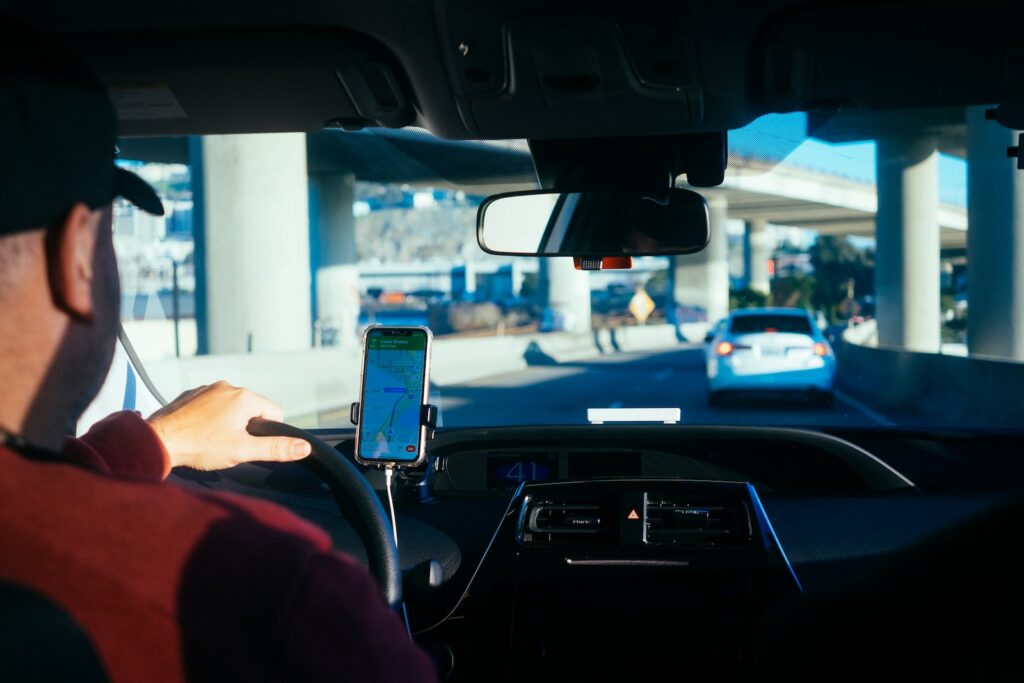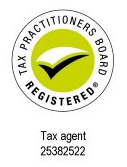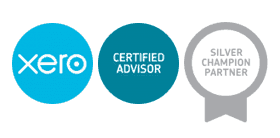YouTubers, Uber drivers and influencers earning extra or running a business will be picked up by data analytics and the reporting regime, the Tax Office warns.
These types of side hustles will be prime targets for the ATO’s data analytics software in a crackdown on undeclared income, the office has warned in its latest advertising campaign.
The ATO said record numbers of taxpayers were now working multiple jobs or earning extra money through side hustles or gigs, and the activity would fail to pass unnoticed.
From 1 July, the ATO would receive data from ride-share and accommodation platforms under the Sharing Economy Reporting Regime and match this against taxpayer returns.
“It doesn’t matter whether you are carrying on a business or simply earning additional income through a digital platform such as a website or even an app, you must keep accurate records of your income and include it in your tax return,” Assistant Commissioner Tim Loh said.
“While there are always new and different ways to make money, the tax obligations remain the same. Don’t fall into the trap of forgetting to include all your income thinking the ATO won’t notice.”
Mr Loh said the ATO’s advertising campaign focused on warning taxpayers to declare money earned from side hustles.
“If you are bolstering your income with new activities, make sure all your records are up-to-scratch. This could be anything from animal breeding to earning income through digital platforms such as ride share or food delivery, or even online content creation, like social media influencers,” he said.
“If your home has become more like a warehouse and is stocked to the hilt with goods to sell, then you may in fact be running a business. If you’re running bootcamp sessions in addition to your nine-to-five job, well this is a side hustle and you need to declare this income to the ATO.”
“If you’re an online content creator earning money or receiving gifts, you’re also likely to be running a business and there are tax obligations you need to comply with.”
Mr Loh said a hobby crossed over into a business when there was an intention to earn a profit and the activity was planned and organised to achieve that goal.
“Sometimes it’s hard to tell if you’re in business and we recognise not everything you do to make money is considered a business,” he said.
“The ATO won’t consider activities as ‘in business’ when they are a one-off transaction (unless it is the first step in carrying on a business or intended to be repeated), or an activity from which you don’t seek to make a profit.”
The ATO said taxpayers earning money “through continuous and repeated activities for the purpose of making a profit” were probably running a business and needed to keep appropriate records.
“Businesses have a range of obligations depending on their structure and turnover, including registering for an ABN, keeping the right records and lodging the right type of tax return. They may also have to register for GST,” the office said.
If you need help in getting your records up to date and filing the appropriate returns, get in touch today.









